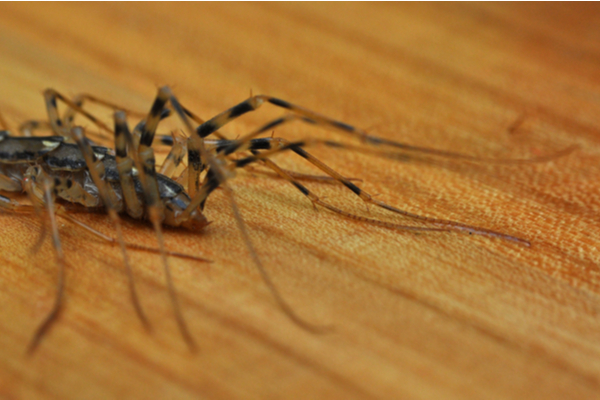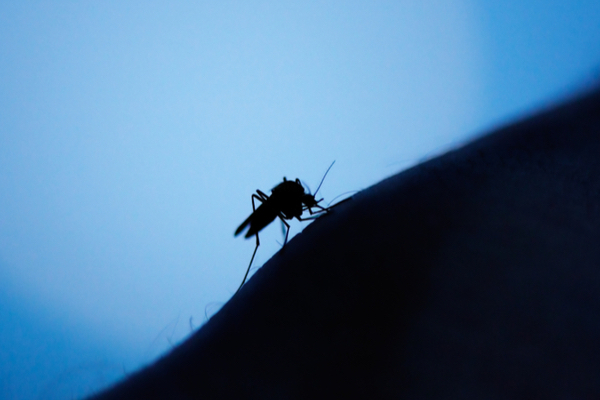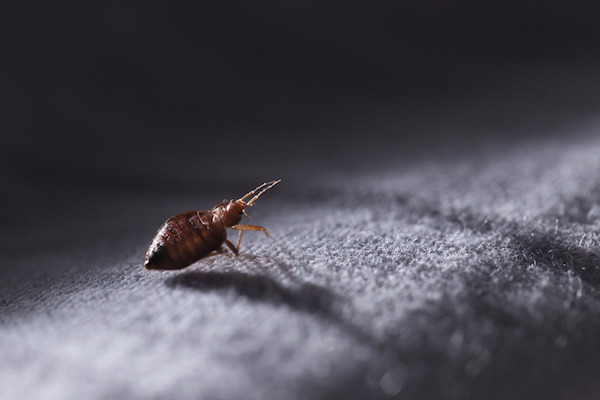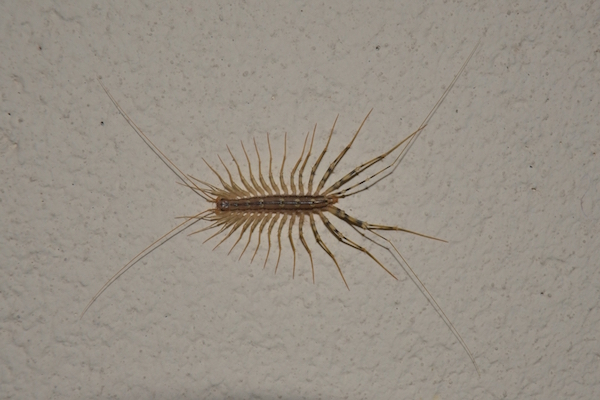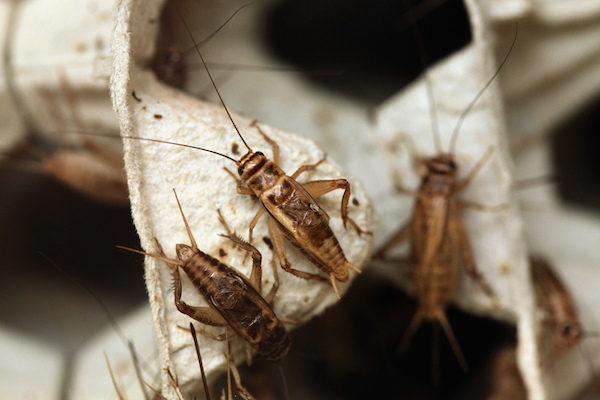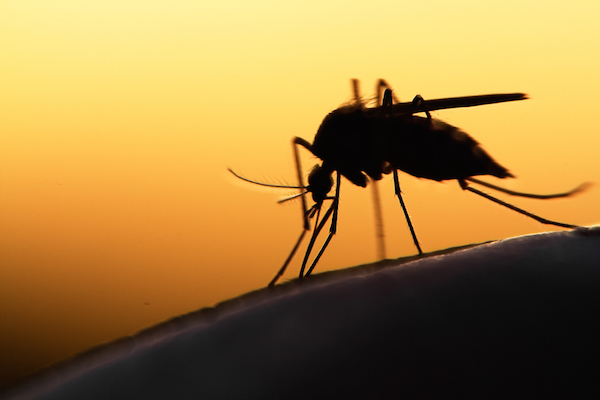Unless uninvited guests arrive carrying a free cake or a large check, you’re probably not a fan. When uninvited visitors have six or more legs and creep across your floor, they’re even less welcome. Nobody wants crawling insects to infest their homes, but how do you keep them out? What causes them in the first place? Why won’t they leave you alone?
First: you keep them from happening by taking preventative measures. Second: the things that cause them are usually easily fixed. Third: they won’t leave you alone because there’s something at your home drawing them in. Today we’ll cover the four most common crawling insect invaders people face. We’ll also arm you with the easy fixes and preventative measures you can take to keep them away.
Ants
Ants are one of the most commonly-faced crawling pest problems for both home and business owners. There are over seven hundred different known species in the United States. Of those, there are a few ant varieties that are best known for infesting homes. Those include carpenter ants, pavement ants, odorous house ants, and field ants. Ants typically live in large colonies that work together to build and maintain their nests.
How can I keep ants out of my home?
- Practice regular perimeter maintenance. Ants like to sneak in through small breaches or holes in your home’s perimeter. Make sure to regularly give your home visual inspections and seal any gaps, cracks, tears, or holes you find as you go.
- Keep a watch out for scouts. Single ants are scouts. They come up from their nests to look for food, water, or shelter. Get rid of any solo ants you find so they’re unable to share that information with the rest of their colony.
Centipedes
Despite their name’s disturbing implication that centipedes have one hundred legs, the crawling pests usually don’t. Instead, they have one pair of legs per body segment and can have, on average, between fifteen and seventy total pairs. There are many varieties but they all have flat, elongated bodies. They can measure from one-sixth of an inch to six and a half inches in length. Coloring varies but usually stays between shades of brown, red, and orange.
How can I keep centipedes out of my home?
- Eliminate their food sources. Centipedes mainly consume other insects. If you’re practicing the rest of the prevention tips listed in this post to keep other pests away, you’re doing well.
- Reduce and remove clutter. A tidy home is a home that doesn’t have places for insects to hide. That includes but isn’t limited to centipedes.
Cockroaches
Everybody knows about roaches. They’re one of the hardiest creatures on the planet, able to survive in temperatures at both spectrum extremes. The most common pest cockroaches are the German cockroach and the American cockroach. German cockroaches are brownish-black, measuring between ½ and ⅝ inches. American roaches are darker in color and large, measuring between one and two inches. They’re both active throughout the year, are nocturnal, and are drawn to decaying organic matter.
How can I keep roaches out of my home?
- Wipe up crumbs and spills as soon as you make them. Cockroaches love organic matter. They especially love decaying organic matter. Don’t leave it out for them to find. Wipe up spills and crumbs as soon as they happen and don’t leave dirty dishes in the sink.
- Pay special attention to cleanliness. This tip is mentioned more than once, but that’s because it’s important. Insects like cockroaches thrive in unkempt spaces. Take the garbage out regularly, remove grease from the stovetop, and keep your floors clean. These small efforts will go a long way toward preventing roach infestations.
Earwigs
Let’s start out by dispelling a popular earwig myth. No, they won’t actually crawl into your ear while you’re asleep and eat your brain. They won’t even crawl into your ear and take a nap, leaving your brain alone. They won’t go inside your head. What they will do, however, is infest your home. Earwigs are typically a quarter-inch to one inch in length with elongated, flat bodies. Their color can vary between different shades of tan, brown, and red. Their most distinctive physical characteristic are the pincers located on the back of their abdomens.
How can I keep earwigs out of my home?
- Eliminate the places they like to hide. Earwigs love dead and distressed outdoor spaces. They hide in these spaces and use them as jumping off points for interior infestations. Take away their hiding spots by removing leaf piles, overgrown vegetation, and untended woodpiles.
- Make sure your gutters are working properly. Moisture build-up from gutters that are clogged pointing in the wrong direction will draw in earwigs.
- Use dehumidifiers. Once more with feeling: earwigs love moisture. Make sure you’re policing the moisture in your home and removing any standing water as you notice it.
If your question is, “Why are there crawling insects in my house?,” the answer is, “Because you’re not keeping them out.” Luckily, with the help of this blog post and other useful tips and tricks, you’ll be able to turn things around. For the rest, you can call the team at Griffin Pest Solutions. We’ll help keep your home safe, secure, and crawling pest free.
[cta]

